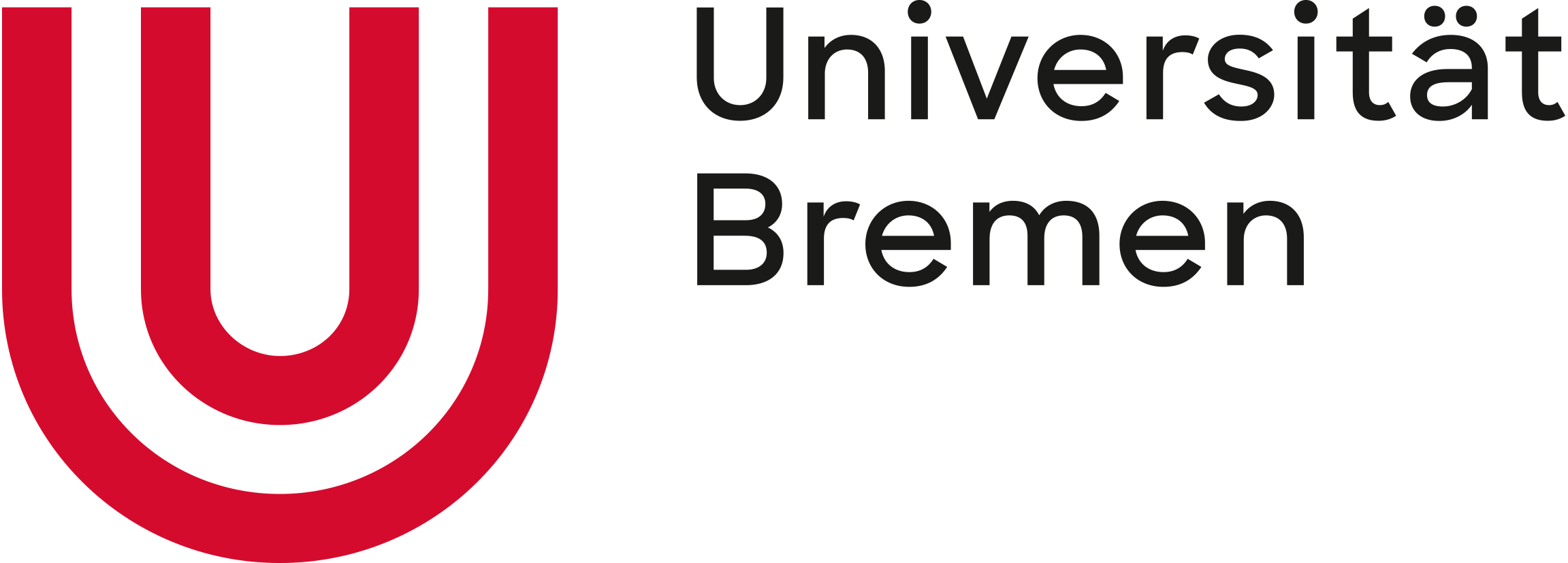Veranstaltung
3. Sitzung des „SoziKo“ für Docs und Postdocs der Sozialpolitikforschung (digital)
25.01.2023
Das „SoziKo" lädt alle Interessierten Docs und Postdocs der Sozialpolitikforschung herzlich zur dritten Sitzung am 25.01.2023 um 13:30 Uhr ein.
Laura Lüth (Universität Hamburg) wird im Rahmen des Vortrags "The 'Managerial Family' – New logics of family care work?" von ihrem Promotionsprojekt erzählen.
Das „SoziKo" ist ein neues Qualifizierungskolloquium im Bereich der interdisziplinären Sozialpolitikforschung, welches im Rahmen der Vernetzungsinitiative des DIFIS (https://www.difis.org/) entwickelt wurde und im Wintersemerster 2022/23 gestartet ist.
Ablauf
Zu Beginn werden das Kolloquium und damit verbundene Mitmachmöglichkeiten kurz vorgestellt. Anschließend folgt ein Vortrag von Laura Lüth (Universität Hamburg) zum Thema The 'Managerial Family' – New logics of family care work? (ca. 20 Minuten). Abschließend diskutieren wir die vorgestellten Inhalte (60 Minuten). Dabei soll grade auch grundsätzlichen thematischen & methodischen Fragen und In-Fragestellungen Raum gegeben werden. Insbesondere um das virtuell versammelte Potential der Interdisziplinarität in puncto fachübergreifendes methodisches Verstehen und Wissenschaftskommunikation auszuschöpfen.
Abstract
In most European welfare states, childcare has been at the center of a new paradigm to welfare provision: the social investment paradigm (SI). Especially in conservative welfare states, like Germany or Spain, the question whether the social investment paradigm poses a 'critical juncture' for the statutory support of a more gender equal provision of childcare has been discussed vividly by social scientists (Daly/Schweiwe 2010; Auth/Peukert 2022; León/Maestripieri 2022). However, recent family policy reforms hardly introduced a 'path-departure' from the countries' 'familialist' tradition. While family policy in Germany seems to support the moral assumption that it is the parents' self-responsibility to negotiate an equal division of care and employment, in Spain, childcare is increasingly understood as social right of dual worker families (Lüth 2021).
Following neo-institutionalist concepts of 'moral economy' (Mau 2004; Sachweh 2017), the paper argues that welfare states do not only embody a specific set of moral assumptions about labor division (Lewis 2001; Daly 2021), but that these statutory family models also shape citizens orientations and practices upon the division of care work and employment in the family. Using interpretative, especially hermeneutical, qualitative research strategies, this paper analyzes twenty in-depth online interviews with German and Spanish couples to see whether they refer to these new 'SI family models' to justify their labor division.
Results from interviews with German couples already indicate the legitimacy of a new 'SI family model'. They show the introduction of weekly family planning meetings as well as dominant investment strategies with regard to childcare and housework, such as cooking while being in an online meeting or carefully scheduling forest time for the children. However, it seems to be merely urban middle-class families that manage to live up to such statutory expectations (cf. Bünning/Hipp 2021; Maestripieri 2021).
Mittwoch, 25.01.2023; 13:30-15:00 Uhr
Wo? Online:
Für Fragen zur Teilnahme oder zum Kolloquium insgesamt wenden Sie sich gerne per E-Mail an: soziko@difis.org
Wir freuen uns auf Ihre und Eure Teilnahme!









